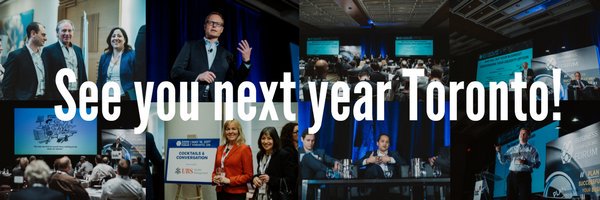 |
| Jacoline Loewen |
It was terrific to hear our COO, Axel Lehmann, chat about Fintech and banking during his visit to Toronto for SIBOS. Here is a great interview with Business Insider which covers a few of the topics Axel covered with us this week.
Business Insider chatted with Axel Lehmann, chief operating officer of Swiss bank UBS, to ask how the organisation is coming to terms with fast-changing world of fintech.
Ben Moshinsky: Where are the main threats and opportunities to UBS from the fintech boom?
Axel Lehmann: True change is really coming from outside the industry. That is the key challenge we face as of today. The whole fintech discussion has changed, we have moved on from discussing whether a revolution is taking place, and how the banks will become redundant, to a place where most banks are looking at collaborative efforts with other firms. This is why most of what we do in terms of technological development we do in partnership with fintech companies.
I don’t want to get blindsided. It’s less the technology, as such, providing a transformative element in the banking industry. It’s really alternative business models that have the potential to shake up everything and eat into our cake.
It is also full of opportunities. We, the banks, are operating from a position of strength from a customer perspective especially in terms of the amount of customer interaction, the know-how we can provide, and the services we can offer. You can’t create any of this overnight.
And secondly, we have a legacy infrastructure which can be regarded as a liability, but it’s also an asset. When the Trump election got through, for example, volatility was high. We have an infrastructure that can scale up in line with volatility, and that’s something you need to have.
So, in this regard, I’m personally optimistic. It’s easier, when you look to consumer industries, for example, Uber or WhatsApp, to disrupt a lightly regulated sector. But when you look at where we as banks are, you get into the highly regulated space immediately, when you talk about balance sheet and liquidity, and this makes this industry less easy to disrupt.
But no doubt, we still do have to be mindful that we’re not losing out on some of that less regulated space, particularly at the point of customer interaction.
BM: What's the most exciting technology on your radar?
AL: I truly believe that whole question of robotics and artificial intelligence over a time horizon of four to eight years will fundamentally change the banking business. As banks, we understand that our business is all about data. These technologies have the potential to really fundamentally change the way we operate in terms of getting smarter with the customer, understanding what kind of products we should offer and so on. That is definitely exciting.















